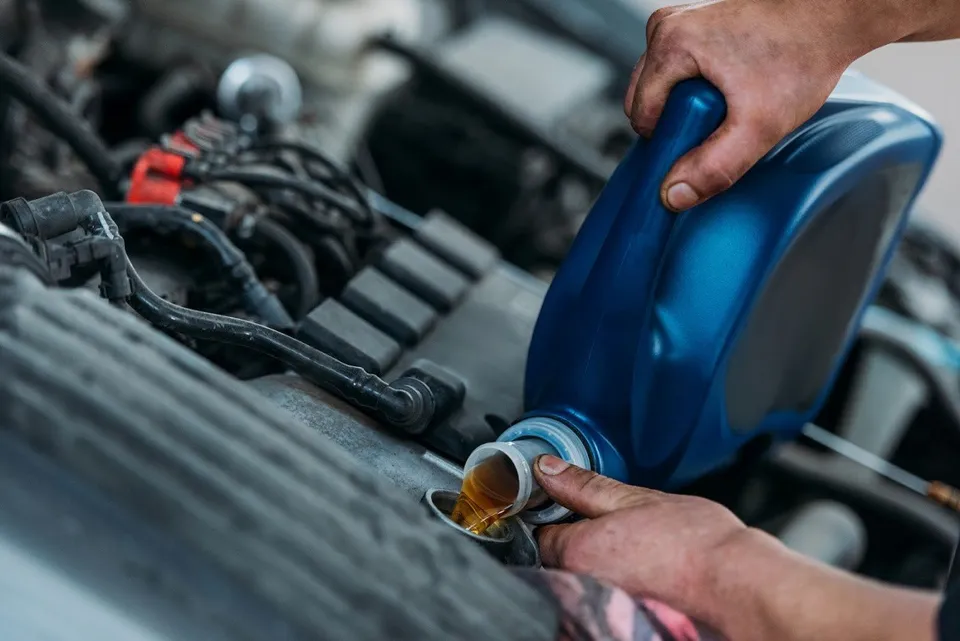The engine is one of the most critical components in your vehicle. If the engine stops working, your car will also not function. In the same way, you should eat healthily and exercise to keep your heart in good shape, you should also care for your car engine if you want it to provide long-term service. Here are some top causes of engine failure.
1. Detonation
One of the leading causes of engine failure is detonation. Detonation is abnormal combustion caused by excess heat and pressure in the vehicle’s combustion chamber. This condition causes high cylinder pressure, which results in a strong blow on the piston. You’ll notice a pinging noise. Prolonged detonation will crack rings, damage the piston, and blow the head gaskets.
Many people confuse detonation with pre-ignition. With pre-ignition, a hot spot in the combustion chamber sets in motion the fuel. The hot spot could be a hot spark plug, an overheated exhaust valve, or a sharp edge in the combustion chamber. The cause of these hot spots is anything that makes your engine run abnormally hot or prevents it from cooling.
Some factors contributing to a hot exhaust valve are a weak valve spring, insufficient valve lash, and faulty ignition timing. Pre-ignition can contribute to detonation.
2. Neglecting Oil Changes
Another common reason for engine failure is neglecting oil changes. Oil is essential for the lubrication of the engine. It minimizes friction in the engine, which lowers the temperature. When your engine is well lubricated, it will work efficiently and allow better gas mileage. This means your engine lasts longer, and you’ll have fewer experiences of car breakdowns.
While many people assume that you should change your car’s oil after every 3,000 miles or every three months, it’s advisable to refer to the manufacturer’s recommendations for your vehicle. Although 3,000 miles is the standard amount of time that cars should run before an oil change, technology has changed this minimum requirement.
There are cases where your vehicle should get an oil change after it reaches 5,000 miles. However, these longer recommendations apply to situations when you’re driving under normal conditions. For example, if you constantly drive in heavy traffic, it’s better to change the oil after 3,000 miles.
The other reason you shouldn’t forget oil changes is that this can void your warranty. To make a claim based on the conditions of your warranty, you should maintain your car. This includes scheduling oil changes when required. If you fail to change the oil and your engine fails, you cannot use your warranty to claim repairs.
3. Ignoring the Coolant
Another name for engine coolant is antifreeze. This fluid gets rid of excess heat from the car’s engine. Engine coolant consists of a combination of propylene glycol or ethylene and water. It’s recommended that you buy the engine coolant indicated in your vehicle’s owner manual.
The coolant’s role is to absorb heat from the engine and prevent the engine water from boiling during hot conditions. The coolant also prevents rusting of metal parts and corrosion of plastic or rubber components. If the engine has no coolant, the heat produced by internal combustion will destroy the engine.
Getting a coolant flush is also crucial because, during the process, your mechanic will inspect your car’s cooling system, including the radiator, hoses, belts, and thermostat, and spot leaks or any other potential issues.
There’s nothing as annoying as starting your car, only to find it won’t start. Engine repairs and replacements are very costly. Therefore, it’s essential to perform basic engine maintenance routines to extend the life of your engine.
If you notice any signs of engine failure or other mechanical faults with your car, you need to consult an auto repair shop. Powers Transmissions & Complete Car Care Centers have years of experience in auto repair. Call us and let us help you fix any of your car problems.

